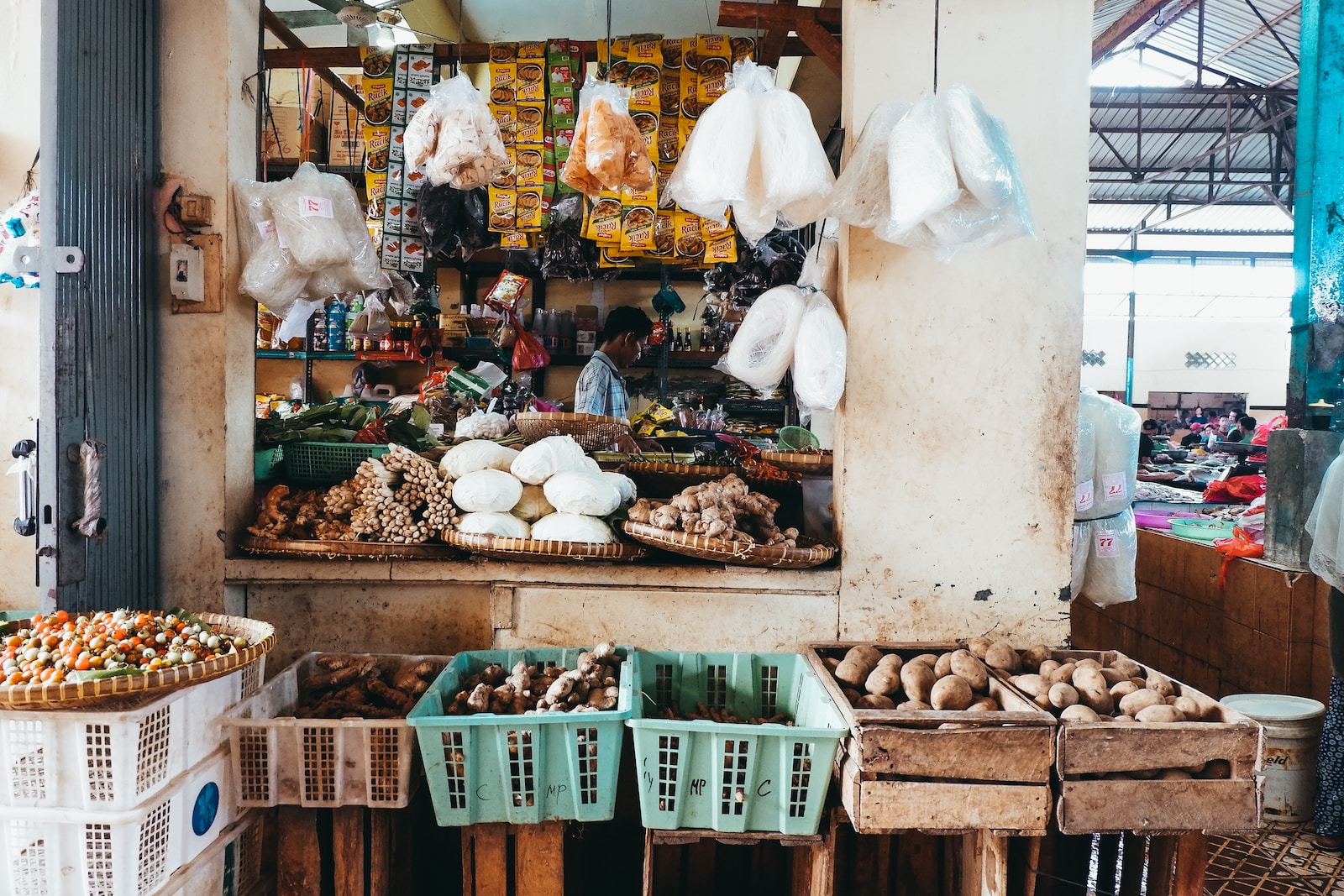Turkey is one of the MINT economies identified by economists as having the potential for strong growth over the next twenty years, and its economy is booming. MINT economies have several common features: they are emergent; they have large and growing populations; and their demographics are particularly favourable due to their relatively high proportion of young people. So what are the opportunities that Turkey has to offer British exporters? In addition to its demographics Turkey has close ties with the EU and is likely to become a member state in the future; it is also well placed Geographically, offering springboard opportunities into Asian and Middle Eastern markets. There are, however, regulatory and cultural differences regarding how business is done there, and these need to be handled carefully. Overall there are major opportunities for British exporters willing to rise to the challenge.
The Turkish economy and its potential for growth
Turkey is the sixth largest economy in Europe and sixteenth largest in the world; the Turkish government has high hopes that it will grow to be in the top ten global economies by 2023.
Following the end of the global economic crisis Turkey’s economy grew rapidly, in 2010 by 8.9% and by 8.5% the following year. Although growth fell to 2.9% in 2014, according to the OECD, by 2017 it will increase to above 4%. It is anticipated that this will be bolstered by an improving political climate, rising employment, and increasing opportunities offered by growing global markets.
Unlike China and other rapidly growing economies, Turkey’s economy isn’t entirely export driven. Although industrial exports are important, particularly household goods, the economy is strongly dependent on the services sector including financial services, real estate, education and health. Construction and construction related industries account for 30% of GDP and, with its three large car manufacturing companies, Automotive is also important.
Energy is also a major contributor. Turkey’s geography means it is a major oil transit route from the Middle East and Caspian to the EU. It currently has the capacity to move 121 million tons of oil a year, and new pipe lines are planned which will double this to what will be around 6% of global oil.
Geography and demographics
Turkey has the youngest and fastest growing population in Europe. Its people are aspirational, and its educational system produces around 700,000 graduates a year.
It is a large country; bordering, Armenia, Bulgaria, Georgia, Greece, Iraq, Iran, and Syria it covers 300,950 square miles. The country has a large consumer market of around 74 million, and also provides access to the big Middle Eastern and Asian markets, offering major opportunities for British exporters.

Trade links and the EU
Although there has been little progress recently on Turkey joining the EU, there is already a Customs Union which makes it much easier for UK exporters to access the Turkish markets.
In 2014 trade between Turkey and the UK was $15 billion, accounting for around 4% of Turkey’s total trade. Many large UK companies have operations there including many major high street brands along with Shell, BP, Diageo and Unilever UK.
Risks and challenges
Doing business in Turkey isn’t all plain sailing and there are several risks and challenges. The regulatory structure can be difficult to navigate and this is exacerbated by frequent changes to the various regulations, generally without any consultation or warning.
There are also cultural differences between Turkish and British companies, and it is important to understand and take note of them. Generally, the pace of business in Turkey is brisker than in the UK; there is less time to contemplate deals and a greater pressure for fast decision making. It is important to be at the right place at the right time, which means that businesses with a presence there are better placed. At the very least it is important to show a strong commitment to the market and to make regular visits.
A further potential challenge to exporters is the Turkish government’s long term intention to reduce the country’s dependence on imported manufactured goods and to develop its own high technology export market. This is, however, long term and easy to monitor.
Finally
Despite the challenges, Turkey offers huge opportunities for British exporters, both in its domestic market and, through partnerships with Turkish businesses, to the important Asian and Middle Eastern markets. These can only increase as the Turkish economy grows and closer ties with the EU are forged.
If you’d like to chat to Brightlines Translation about how you can reach your global customers do call 01225 580770 or email [email protected] we are happy to help and advice is always free.







